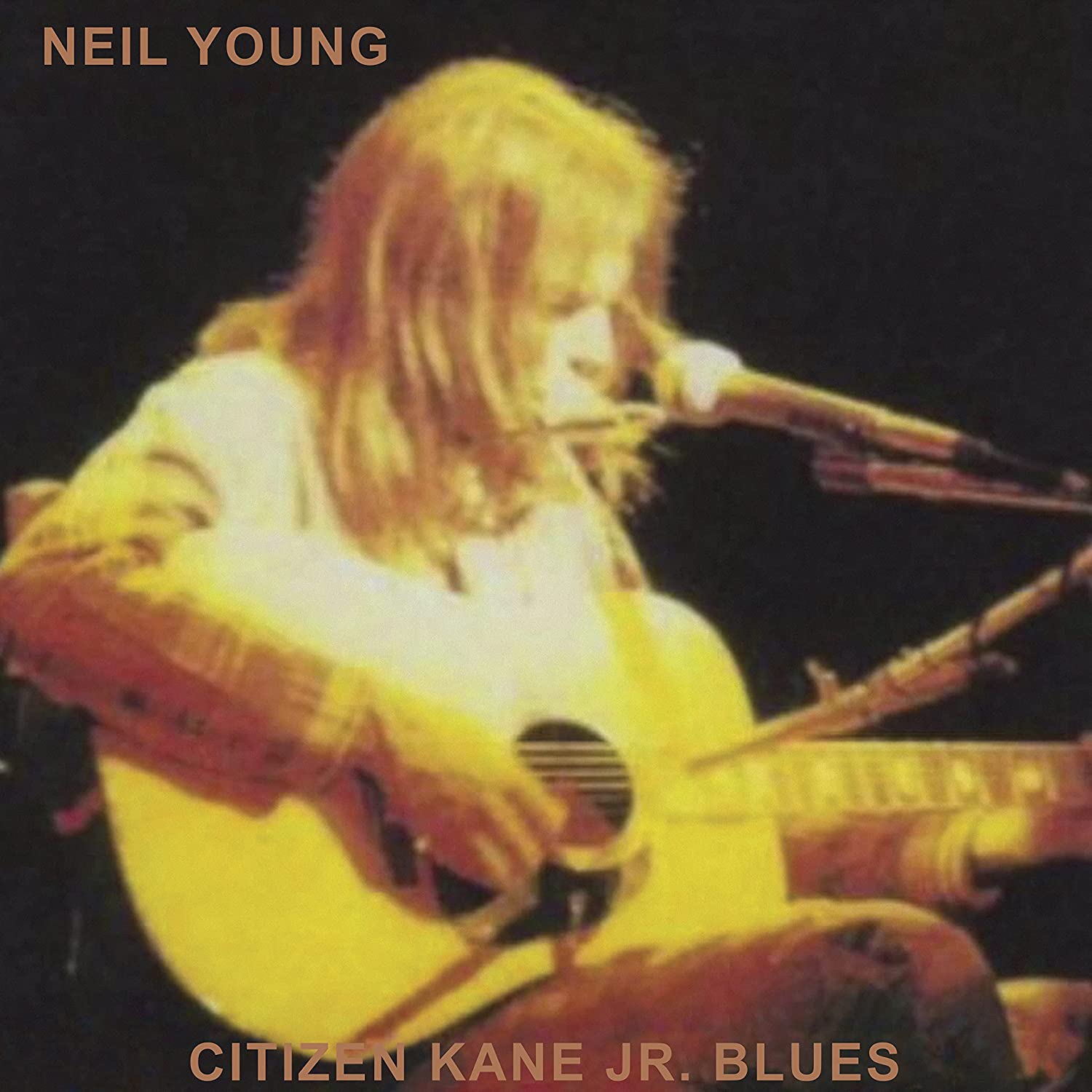Growing up with classic rock radio meant we’ve been prejudiced against not just certain songs, but certain bands. That’s why we think this little forum of ours has been so important; not only can we put certain things we love in context, but we’ve also come around on songs we, frankly, hated with a passion.
Fragile begins with one such culprit, the immortal-despite-our-better-efforts “Roundabout”. Once upon a time we would hear those twelfth-fret harmonics and lunge to change the station as soon as possible. It’s still not our favorite song by any stretch, but time, patience, and the determination to review albums no matter what has allowed us to see why so many Yes fans and fanatics love it so damn much.
The album has something of an apt title, since the band had just bounced Tony Kaye because he didn’t want to venture further than piano and organ. To both replace him and better attain their vision, they convinced Rick Wakeman to give up sessions and bring his arsenal of keyboards into the fold. Under pressure and short on funds, they concocted an album consisting of four mostly long songs, interspersed with “individual ideas” from each band member. Pink Floyd had already tried this, and Emerson, Lake & Palmer would one day get several albums out of the method; the trick is to have such statements fit into a larger collaborative concept (think the White Album or Déjà Vu).
“Roundabout” does indeed start the album, and those beginner harmonics only slightly disguise Chris Squire’s monster bass. Wakeman’s keys come in on the second verse and we start to appreciate just how intricate the tune is. Its structure repeats sections with mild variations, so that it’s never quite over when you think it is. And after all this time, while we’re not sure how mountains would come out of the sky, what else could they possibly do but stand there?
Wakeman gets the first solo spot, a piece called “Cans And Brahms” that reassigns instruments in a symphony to different keyboards and overdubbed. These days it sounds more canned than Brahms, mostly since Switched-On Bach had already blazed the trail. Then Jon Anderson does a vocal round called “We Have Heaven”, which gets pretty busy until a door slams on it and footsteps run away into the wind. (Again, this was two years after Pink Floyd did it.) This brings us to “South Side Of The Sky”. This never got as much radio play as the rest of the album, yet that shouldn’t suggest it’s no good. The first verses have good rocking tension, and Wakeman’s completely solo piano interlude (which likely kept it off the radio) cleverly sets up an extended vocal chorale with good band support before the verses come back again.
Bill Bruford has been fairly constrained thus far, but side two starts with “Five Per Cent For Nothing”, a 35-second burst that really is in 4/4, but syncopated with competing atonal lines from Squire and Steve Howe and a few stabs from Wakeman. It’s a mere prelude to that other song you might be sick of, “Long Distance Runaround”. Here again we can marvel how well the players double each other, and Wakeman appears to be playing a primitive electric piano rather than something more advanced. (The internet tells us that Bruford is playing in 5/8 over the band’s 4/4 in the verses, which explains the off-kilter effect.) It’s deceptively short, ending on a flourish that segues into “The Fish”, which almost always got airplay as a result. This is Chris Squire’s statement, which we’re told is all layered bass parts, but there are drums, some wah-wah, and a chant of the song’s subtitle (“schindleria praematurus”, for all you marine biologists out there). Steve Howe’s solo spot is the longest, the Spanish-classical original “Mood For A Day”. It gets busy but is mostly pastoral, which belies the furious intro of “Heart Of The Sunrise”, wherein everybody gets to blow (in the jazz sense, that is). The track seems to slow down, but then the riffing returns with a vengeance. The vocal doesn’t come in for almost four minutes, for almost another song completely. The interplay increases with precision, until finally the main riff swallows the tune whole. But wait! After a few seconds of silence, a door opens to return us to “We Have Heaven”, already in progress.
Fragile really is better in context as an album than parsed out in a rotation, and despite its fragmented genesis, just plain works. Also, this was the debut of Roger Dean as their go-to album art guy, and his other-worldly ideas fit the music perfectly. More of his designs appear in a booklet that came with initial pressings, featuring the now-customary shots of each band member on stage and with their families. Anderson offers four lines of a poem, while Wakeman offers a dense paragraph of thanks to various individuals, organizations, and a pub.
The initial expanded CD added two timely tracks: the full-length cover of Simon & Garfunkel’s “America”, which will be discussed in a different context, and a rough mix of “Roundabout”. Only the latter was included when the album was reissued in a “definitive edition” with new mixes by Steven Wilson, along with other rough mixes and outtakes. Then nine years after that, a Super Deluxe Edition sported yet another remaster of the album, plus a disc of even newer Steven Wilson mixes of the album and instrumental versions of the songs that weren’t instrumentals originally, a disc with the same bonus tracks from 2003 and 2015 plus single mixes, and further alternates and some live tracks on a fourth. Plus a Blu-ray. And an LP.
Yes Fragile (1971)—4
2003 remastered CD: same as 1971, plus 2 extra tracks
2015 Definitive Edition: “same” as 1971, plus 6 extra tracks (plus DVD or Blu-ray)
2024 Super Deluxe Edition: “same” as 2003, plus 28 extra tracks (plus Blu-ray)





